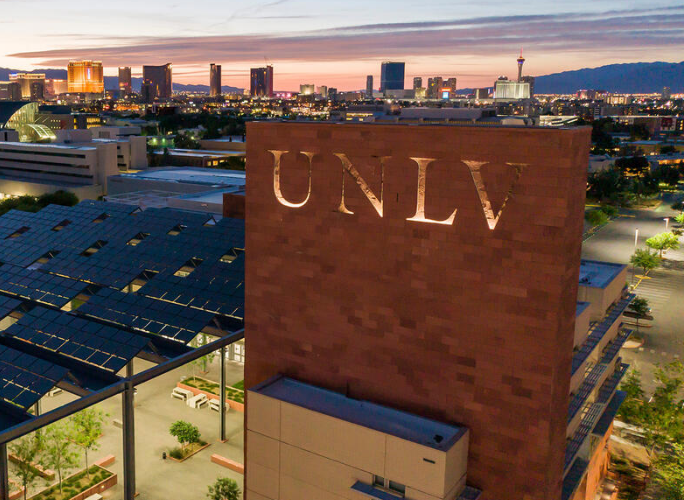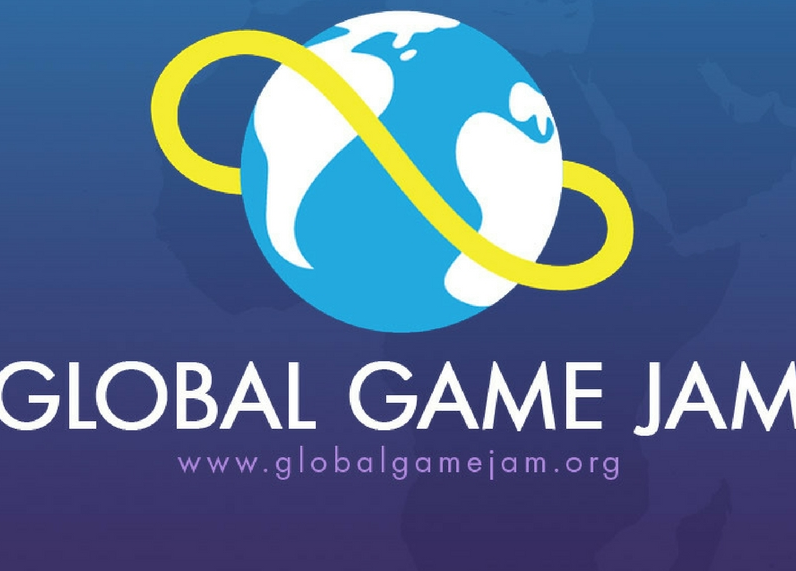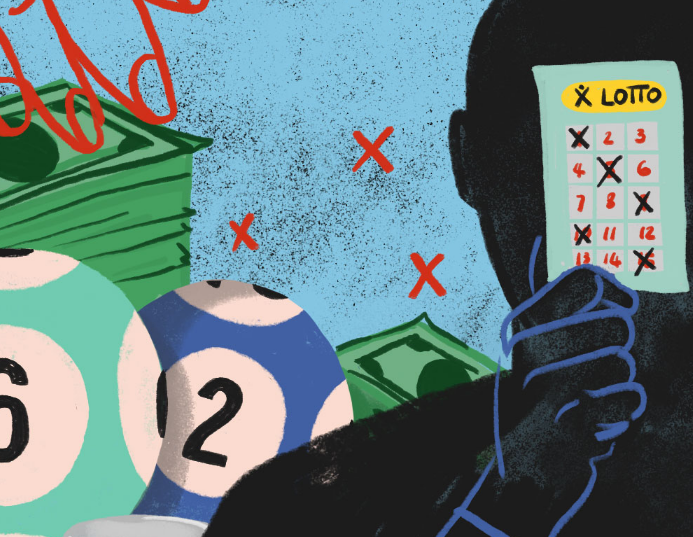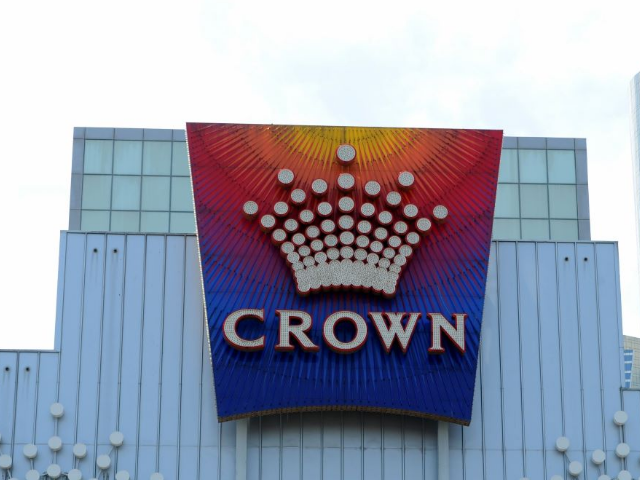Ohio’s top official is calling time on one of the most controversial aspects of legal sports betting — and he’s not mincing words.
Governor Mike DeWine on Thursday made an urgent public appeal to the Ohio Casino Control Commission, demanding a statewide ban on all proposition bets, or “prop bets”, in light of recent integrity concerns. The tipping point? A swirling Major League Baseball investigation involving two Cleveland Guardians pitchers and suspect betting patterns during their games.
A State on Edge After Betting Scandal Hits Home
You don’t expect a scandal like this to land in your backyard — until it does.
The MLB investigation has rocked fans and lawmakers alike. Guardians pitchers Luis Ortiz and Emmanuel Clase were both placed on paid administrative leave through the end of August. While neither has been charged with wrongdoing, their removal coincides with an ongoing probe into betting anomalies surrounding Cleveland’s June matchups. The bets under scrutiny? Proposition wagers.
And those aren’t just bets on who wins or loses — they zero in on specifics. Like how many strikeouts a pitcher might get. Or whether a batter draws a walk. It’s that granularity that has officials worried.
“This is no longer theoretical,” said DeWine. “We’re past the warning signs.”

Why Prop Bets Stir So Much Controversy
At first glance, prop bets sound harmless — even fun.
But their impact has drawn scrutiny. Unlike traditional bets focused on game outcomes, prop bets are often tied to individual player actions. That means athletes can become prime targets for abuse, manipulation or — worse — threats.
In Ohio, several college athletes previously reported receiving online harassment linked to their on-field performances. That trend, DeWine noted, was the first alarm bell.
Now, with two professional players sidelined amid a formal MLB investigation, the situation has escalated.
Prop bets also open a door, critics say, to micro-manipulation: a player could intentionally underperform in a specific statistical category without necessarily affecting the overall game result. That grey area has regulators nervous.
A Call to Action With Political Teeth
DeWine isn’t just issuing a warning. He’s leaning hard on the state’s regulatory bodies to act — and fast.
The governor’s statement wasn’t vague. He specifically named the Ohio Casino Control Commission, pressing them to “immediately” consider removing prop bets from the list of legal wagers. While his office doesn’t have the authority to enact the ban outright, DeWine’s influence could weigh heavily on the Commission’s next moves.
Here’s what’s on the table now:
-
Suspension or removal of player-specific prop bets in professional sports.
-
A potential extension of the ban to collegiate-level contests.
-
Further investigation into sportsbook operators who allow repeat patterns of suspicious betting.
The Ohio Casino Control Commission hasn’t yet responded with a formal timeline, but insiders say emergency sessions are likely.
How the Guardians Got Dragged Into the Spotlight
Luis Ortiz and Emmanuel Clase — both prominent names on the Guardians’ pitching roster — found themselves at the centre of a situation that’s spiralling.
Details remain scarce, but league sources point to “betting irregularities” detected during Cleveland games in June. Those anomalies were flagged in multiple states: New York, New Jersey, and Ohio. The common thread? Prop bets.
Clase, a two-time All-Star, is one of the most recognisable figures in Cleveland’s bullpen. Ortiz, while less high-profile, had emerged as a key part of the team’s rotation. Their absence leaves a hole — not just in the lineup, but in fan trust.
Major League Baseball confirmed both players will remain on leave pending the outcome of the investigation. No further disciplinary action has been taken — yet.
National Pressure Builds on State Regulators
Ohio’s not alone in wrestling with this issue.
Since the federal ban on sports betting was lifted in 2018, more than 30 states have rolled out legal frameworks. And with that, prop betting has exploded. According to research from the American Gaming Association, proposition bets accounted for roughly 17% of all wagers during the 2023 NFL season.
But critics argue those numbers come with consequences.
Take New Jersey — which recently tweaked its rules to limit certain college-related prop bets. Or New York, where regulators have issued fines to sportsbooks over improper bet types.
The table below shows the recent state-level actions on prop betting regulation:
| State | Recent Action on Prop Bets | Status |
|---|---|---|
| Ohio | Governor’s request to ban prop bets | Under review |
| New Jersey | Restrictions on college athlete props | Enforced |
| New York | Fines issued to sportsbooks over violations | Ongoing |
| Colorado | No restrictions yet; review underway | In discussion |
| Pennsylvania | Active monitoring and reporting requirements | Enforced |
What This Means for Fans, Bettors and Athletes
At street level, this feels personal.
Cleveland fans, already weary from injuries and midseason inconsistency, now face another distraction. Bettors, especially those who rely on prop bets as part of daily wagers, could see big changes if the governor’s request gains traction.
And athletes? Some say the pressure has never been more intense.
Anonymously, one player told a local station: “It’s not just boos anymore. It’s DMs, threats, your family getting called out — all because someone bet the under on your strikeouts.”
This isn’t just a policy debate. It’s a culture shift.








